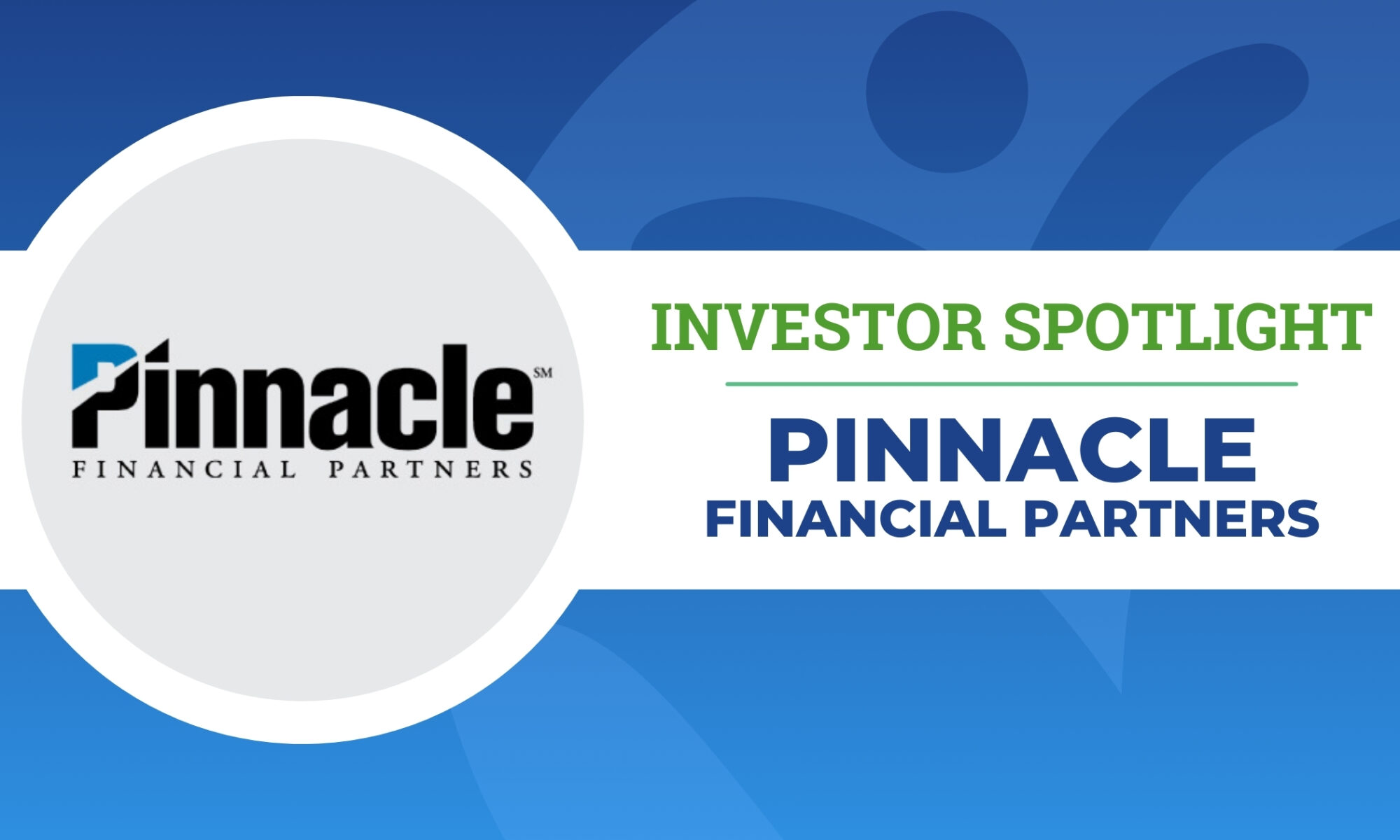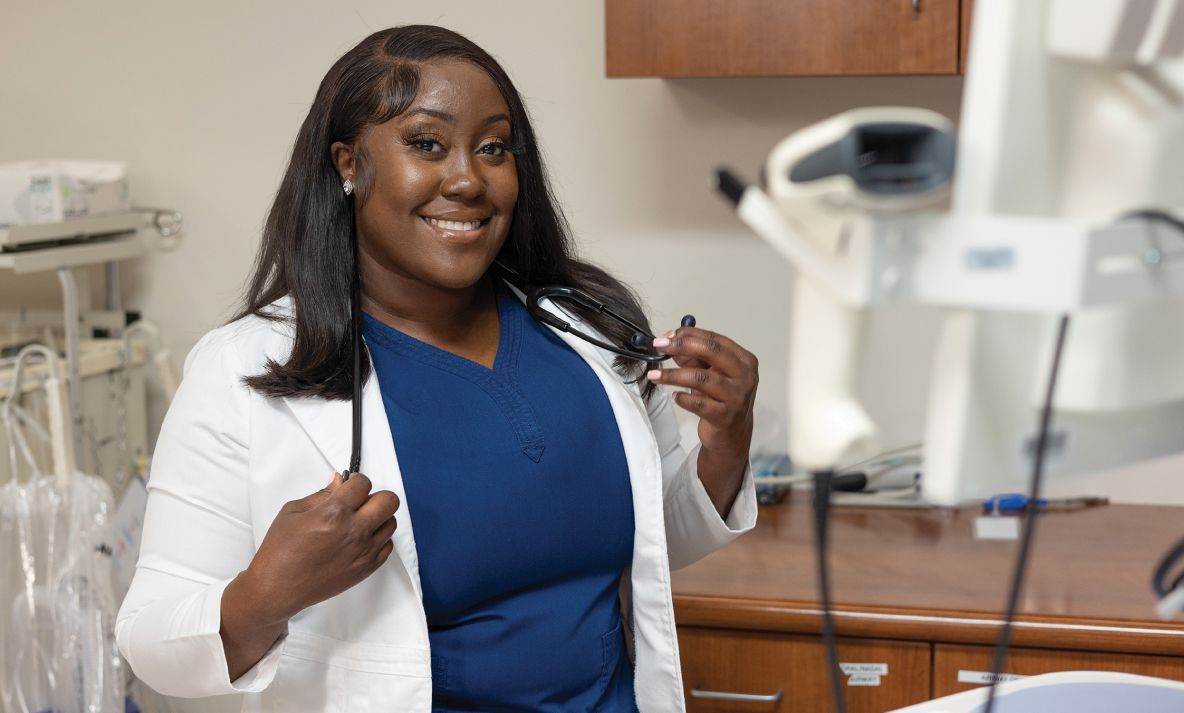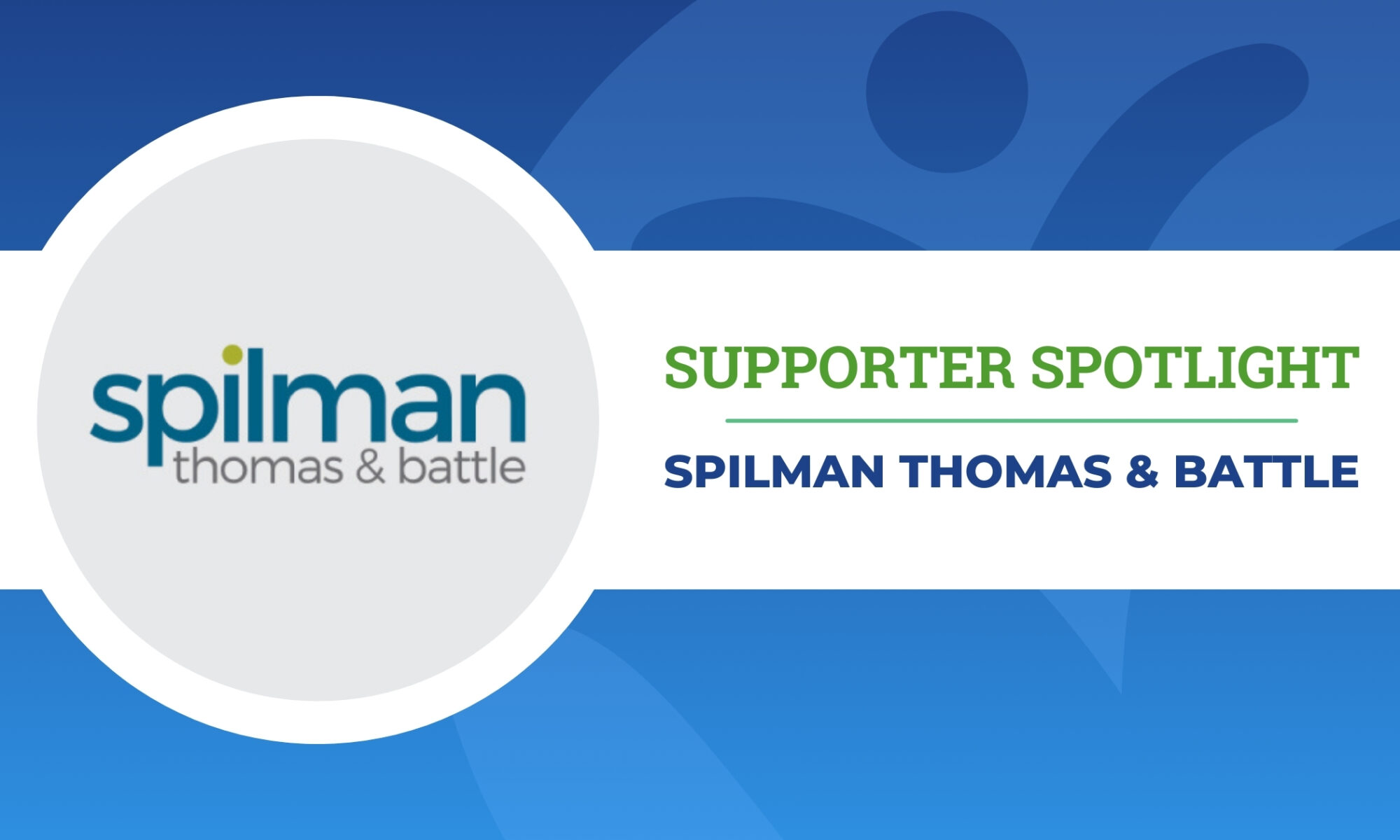Pinnacle Financial Partners: A Community Focused Bank
Pinnacle Financial Partners is all about community
Pinnacle Financial Partners is a unique bank. “When Pinnacle was created, the purpose behind it was to have a financial institution that would be diametrically opposed to the big bank mentality,” explains William Dixon, Pinnacle Commercial Financial Advisor. The firm takes a different approach to hiring. It doesn’t outright accept job applications, but instead leans heavily on the expertise of human resources and Pinnacle associates to invite potential hires to join the team. Individuals are recommended who fit the culture, exemplify Pinnacle’s core values, and are self-motivated producers with at least ten years of banking experience.
The firm also chooses to not advertise. But it does invest heavily in community service programs. These beneficiaries are chosen by Pinnacle associates and their leaders, all of whom value and support the mission and activities of the community.
The firm was founded in 2000. American Banker has recognized Pinnacle as one of America’s Best Banks to Work For eleven years in a row. In 2023, it earned the No. 4 spot. Fortune ranked Pinnacle No. 11 on their most recent 100 Best Companies to Work For list. It’s been on that list every year since it became eligible in 2017.
The regional bank spans the Southeast corner of the United States, employing more than 3,500 people. Virginia and Maryland are the northern most branch locations. Corporate headquarters are in Nashville, Tennessee. Currently, Jacksonville, Florida is the southern-most location in the service region.
Helping customers learn about money
Realizing the importance of educating its valued clients, Pinnacle launched Business and Consumer Mastermind initiatives. Each provides a safe space for learning. Covered topics include anything from financial basics to more explicit business planning. Led by a Pinnacle associate, each weekly session is about an hour long and spans over six weeks. Sessions take place either at a Pinnacle or offsite location, based on what’s most convenient for those enrolled.
The Consumer Mastermind program has two tracks: 1.0 covers everything from money mindsets to home buying. Consumer Mastermind 2.0 gets into the details of insurance, investing, tax considerations, retirement and estate planning, and data security. There is no cost to register or participate. Small groups of ten or less are preferred to give everyone the opportunity to participate.
William’s history with TAP extends decades. He served on the Inner-City Athletics Board when Ted Edlich was TAP president. Inner-City Athletics provided sporting activities to help get at risk kids off the streets. “I’ve been involved with TAP over the years, supporting TAP financially as well as volunteering. So, it was a real joy when I was asked by then Executive Director, Annette Lewis, to serve on the TAP Board,” says William. He joined the Board in 2023 and serves on the Generosity Connections Commission Committee and Finance Committee. Pinnacle has been a TAP Empower Investor for the past four years.
“I’m very community focused,” William explains. “I wanted to make a difference by touching those who are underserved. The best way we can achieve that is to partner with someone like TAP, who has made it their mission. Providing economic equity, if you will. Our vision and TAP’s vision correlates. As our communities prosper, we want the individuals in the community to prosper as well. In other words, leave no one behind.” Pinnacle partners with TAP for affordable housing assistance, grant investing, first time home buyer down payment assistance, and financial education. “TAP has long been a great partner with Pinnacle and we have all the intentions of sustaining and growing throughout the years, together,” says William.



